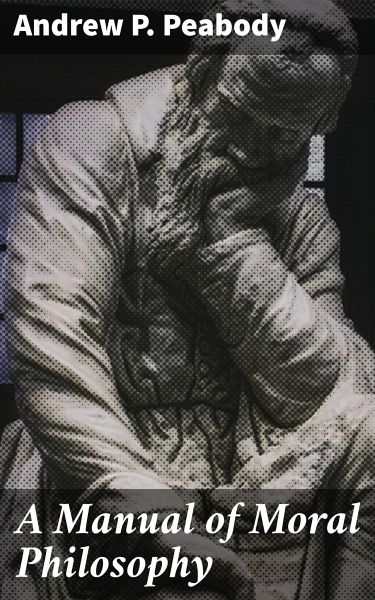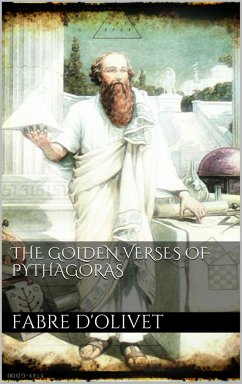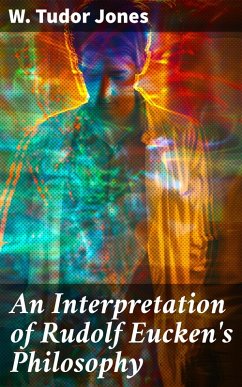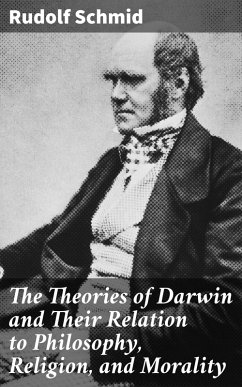
A Manual of Moral Philosophy (eBook, ePUB)
Navigating Ethics: A Deep Dive into Moral Principles and Their Applications
Versandkostenfrei!
Sofort per Download lieferbar
1,99 €
inkl. MwSt.
Weitere Ausgaben:

PAYBACK Punkte
0 °P sammeln!
In "A Manual of Moral Philosophy," Andrew P. Peabody provides a comprehensive exploration of ethical theory and moral reasoning. Written in the mid-19th century, this work embodies a didactic literary style, offering a structured analysis of ethical principles, virtues, and moral duties. Peabody's context reflects a period deeply engaged in questions of individual morality amid the evolving social landscape of industrialization and reform. His meticulous approach not only elucidates complex philosophical concepts but also relates them to everyday ethical dilemmas, making this manual a signific...
In "A Manual of Moral Philosophy," Andrew P. Peabody provides a comprehensive exploration of ethical theory and moral reasoning. Written in the mid-19th century, this work embodies a didactic literary style, offering a structured analysis of ethical principles, virtues, and moral duties. Peabody's context reflects a period deeply engaged in questions of individual morality amid the evolving social landscape of industrialization and reform. His meticulous approach not only elucidates complex philosophical concepts but also relates them to everyday ethical dilemmas, making this manual a significant contribution to both philosophical discourse and practical ethics. Andrew P. Peabody was an influential Unitarian minister and educator whose philosophical inquiries were informed by his commitment to moral development and social ethics. His background in theology and his experiences in a rapidly modernizing society led him to grapple with the implications of moral philosophy in shaping personal character and public virtue. This rich intellectual foundation provided him the impetus to articulate a systematic framework for moral examination, bridging the gap between abstract theory and lived experience. "A Manual of Moral Philosophy" is an essential read for anyone interested in the foundations of ethical thought. Its relevance persists today, inviting contemporary readers to engage with the complexities of morality in both personal and societal contexts. Peabody's eloquent prose and clear reasoning make this work not only a scholarly resource but also an accessible guide for those wishing to cultivate their moral compass in an increasingly complex world.
Dieser Download kann aus rechtlichen Gründen nur mit Rechnungsadresse in A, B, BG, CY, CZ, D, DK, EW, E, FIN, F, GR, H, IRL, I, LT, L, LR, M, NL, PL, P, R, S, SLO, SK ausgeliefert werden.













